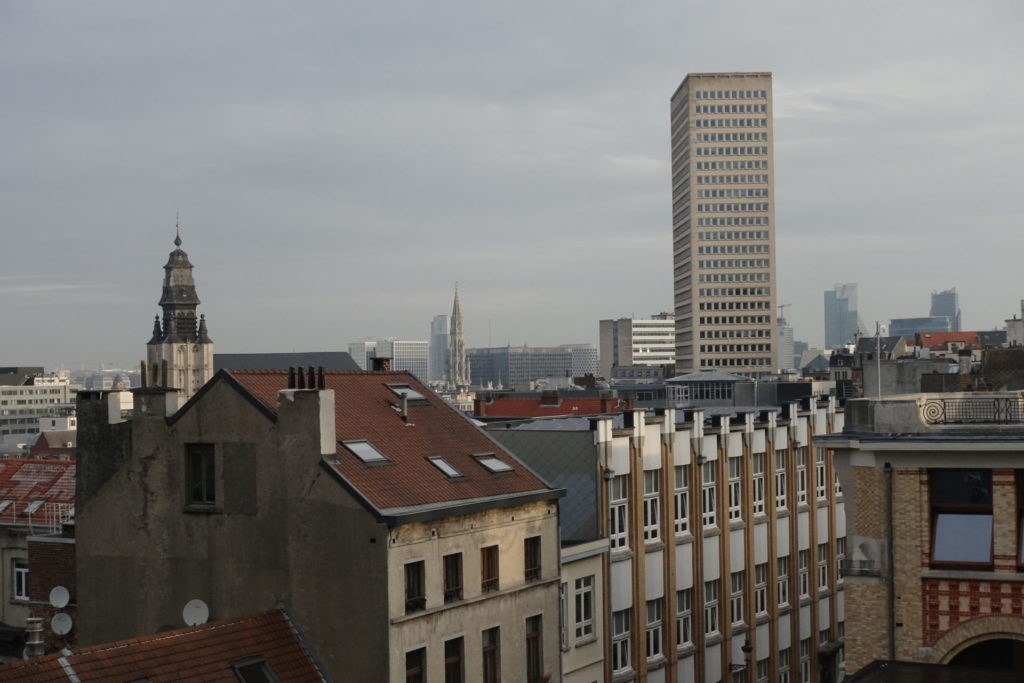The Brussels market for office real estate faces a major challenge as many large companies downsize due to an increase in teleworking that was normalised during the pandemic.
Household names such as Engie, Proximus and SNCB are among those looking to half the surface area of their Brussels headquarters.
Keen not to lose out on revenue from empty space, stakeholders and owners of large office buildings are now looking to transform them into badly-needed housing or more environmentally-friendly offices to attract new tenants.
Making do with less
Some of Belgium's biggest companies – including SNCB, Proximus, bpost, Engie, BNP Paribas Fortis and KBC – have already downsized offices by a total of 250,000 square metres. Engie Electrabel has launched a plan to lease the remaining half of its headquarters in the Brussels North station area.
A small part of the building is already sublet and Engie Electrabel says that half of the 60,000 square metres complex is enough for their needs: “Following the widespread use of teleworking, employees only come to the office two or three times a week,” said spokesperson Hellen Smeets. “We have an average of 60% of the staff in the office.”
A KBC spokesperson echoed this: "new organisation and increased teleworking means that the Brussels infrastructure is no longer being used optimally.”
Empty space becomes golden opportunities
While the pandemic accelerated the teleworking trend, the Brussels market has long faced a high vacancy rate as working habits evolve.
In total, JLL real estate company estimates the available office space in Brussels to be around 12.7 million square metres. Of this, 8.34% – or more than 1 million square metres – is unoccupied.
Developers see opportunities for a sustainable revival of abandoned and dilapidated buildings: in the North district alone, 100,000 square metres of new office space are expected to be built in the coming years.
Related News
- Belgian companies to halve their office space in Brussels after Covid-19
- ‘The way forward’: Brussels offices transformed with circular building project
Major corporations are pledging to go green, with carbon-neutral headquarters to reflect their environmental commitments. “All multinationals looking for office space require new, sustainable buildings,” said Adel Yahia of Immobel. “They can't stay in their old offices because they no longer meet ESG (environmental, social and governance) standards.”
Experts say that even if the total surface area decreases, demand for new sustainable buildings will only increase. This should keep office rents in Brussels – which have been hovering around €160/square metre – steady.

